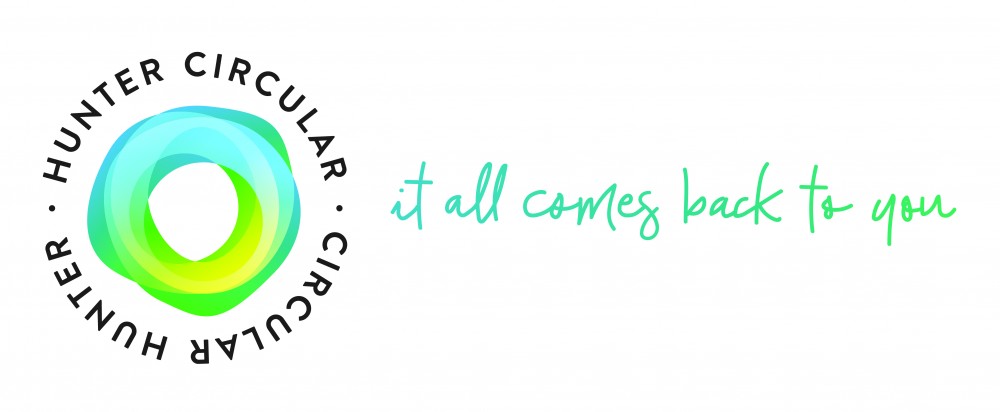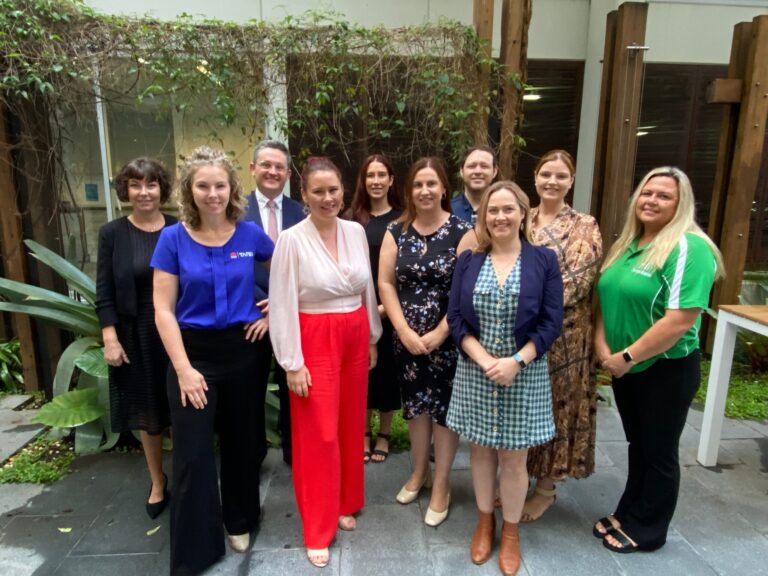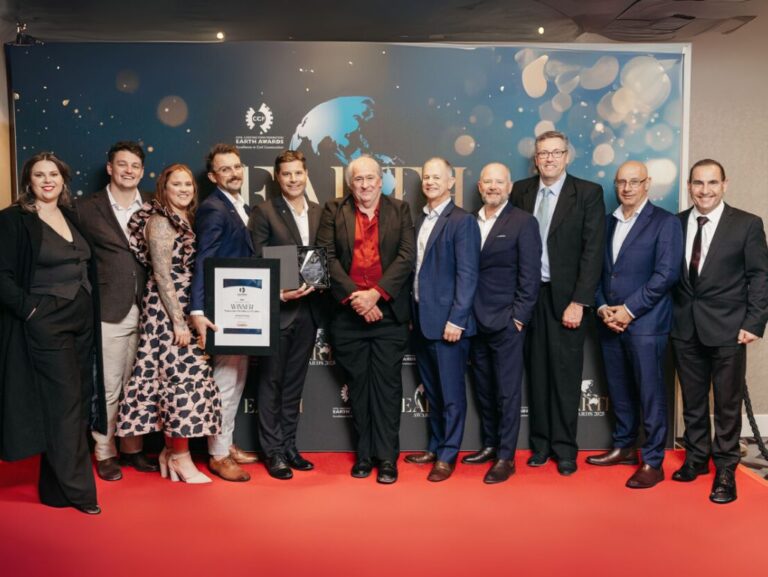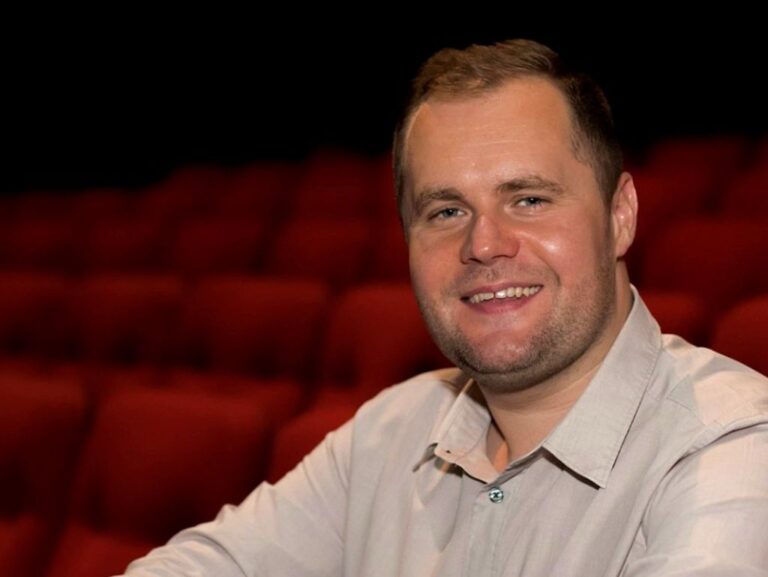Hunter Joint Organisation (HJO), with funding support from the NSW State Government, are rethinking waste and resource recovery in a bid to help transition the Hunter Central Coast region to a circular economy.
A circular economy aims to maximise the value of resources by keeping products and materials in use for as long as possible.
Circular systems employ reuse, sharing, repair, refurbishment, re-manufacturing and recycling to create close-loop systems, minimising the creation of waste, pollution and carbon emissions.
Hunter Joint Organisation, along with its member councils, is investing time and resources to drive innovation into ecological waste management practices and more sustainable industries based on circular economy principles.
This will translate to more jobs and better environmental outcomes for the region.
Chair of the Hunter Joint Organisation, Bob Pynsent, said that the group are committed to finding new solutions to enhance the region and promote sustainability through the reuse of waste materials.
“The Hunter Joint Organisation is committed to creating a network of stakeholders across government, industry, research organisations and communities to find innovative solutions to reuse waste materials and enhance sustainability,” Bob said.
Mayor of Lake Macquarie City Council and Chair of the HJO’s Circular Economy Sub-Committee, Kay Fraser, said they hope these new reusable systems will replace the systems of the past.
“The world’s economy has always been a take, make and dispose system,” Kay said.
“However, the circular economy message is starting to resonate. Waste is a valuable resource that could be reused, re-engineered and re-imagined using circular economy principles.
“Just because a product isn’t useful anymore doesn’t mean the material it’s made of can’t be used. Through continued use and reuse we will reduce both the need for raw materials, minimise the accumulation of waste and capture maximum value from our resources.”
To support the region toward a truly circular economy approach in line with NSW and Commonwealth Government directions, the Hunter JO, with funding support from the NSW State Government has recently completed two important foundational projects – the Hunter Central Coast Material Flow Analysis and Hunter Central Coast Ecosystem project.
The material flow analysis developed by the Hunter JO and NSW Government’s Sustainability Advantage Program, maps the quantity of 21 different waste materials across each local government area in the Hunter and Central Coast.
This will provide a baseline of waste material flows across the region, that can be used by government and business to identify opportunities for collaboration and investment.
NSW Department of Planning, Industry and Environment Sustainability Advantage, Senior Team Leader Rob Thomson, said this data is the first step into the future of reusable waste.
“Having this data available is the first step in understanding where waste materials are located in the Hunter and Central Coast. It is also a great example of what collaboration can achieve for our region,” Rob said.
“We support the Hunter Central Coast region moving to a circular economy as it will provide long-term economic, social and environmental benefits.
“The transition will enhance the environment, increase the robustness of the economy by creating new markets and jobs, increase accessibility to goods, maximise the value of resources, reduce waste and improve how we use resources.”
The Hunter is already home to innovative business and government initiatives that are leading examples of circular economy principles in action.
The Hunter Central Coast Ecosystem, for example, is report provides a status report on our region’s Circular Economy eco-system, as it relates to waste streams and resource recovery.
The report showcases what is already happening in the region and what some of the next steps are to further the region’s Circular Economy.
“We want everyone across government, business, community and tertiary education sectors to engage with the eco-system. By collaborating we can help develop the region’s economy and drive environmental improvement at the same time,” Bob said.
The report details several case studies of businesses and local government’s already demonstrating circular economy principles in action.
Using circular economy principles to help grow the region and provide great economic and environmental benefits is a well-trodden path in many European regions.
These projects represent the start of an exciting new period that will help position the Hunter Central Coast as national leaders in the Circular Economy field.
The next stage of the project will see the findings presented in an online resource. The new Hunter circular website is designed to be the centre piece of engagement in order to help the Circular Economy grow in the Hunter and Central Coast region.
IMAGE | Hunter Joint Organisation work on new waste and resource recovery plan for Hunter region.






